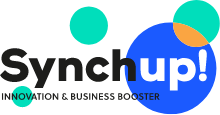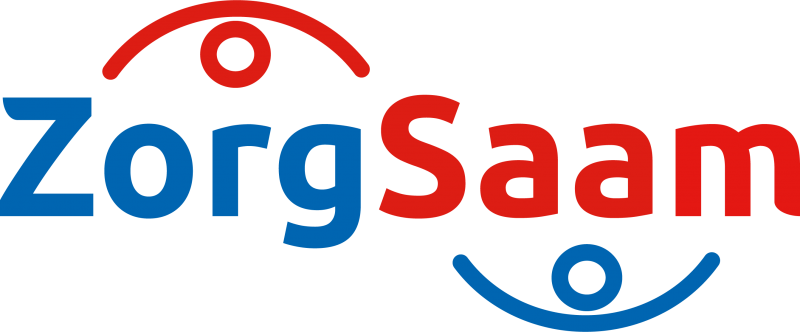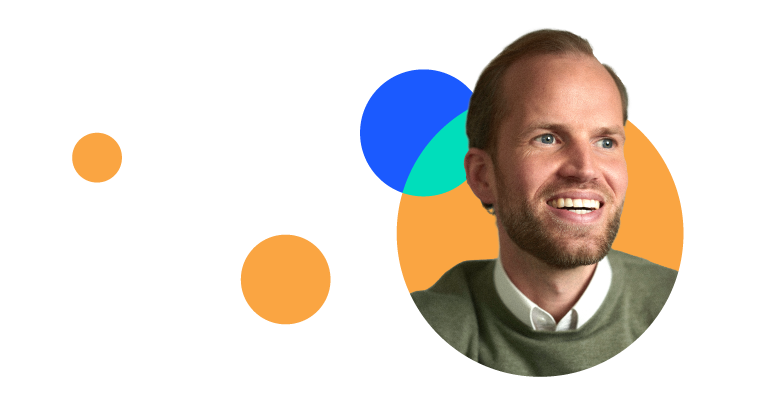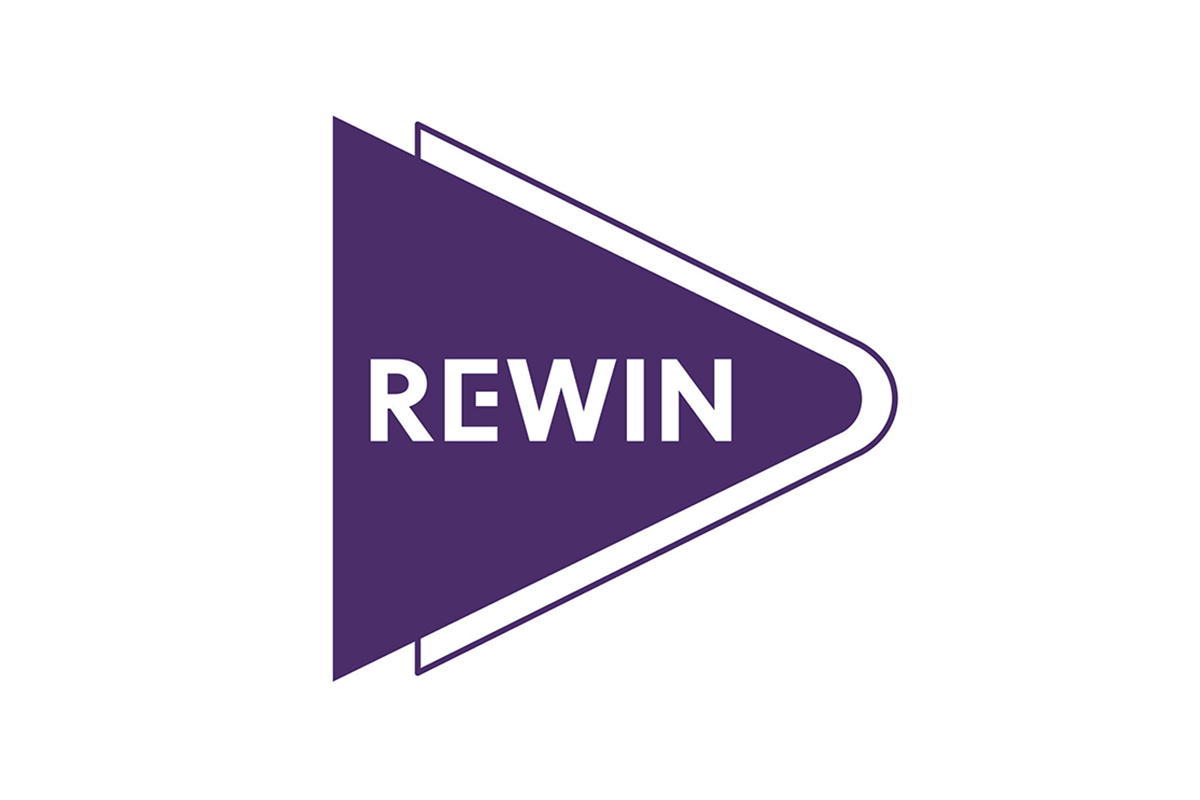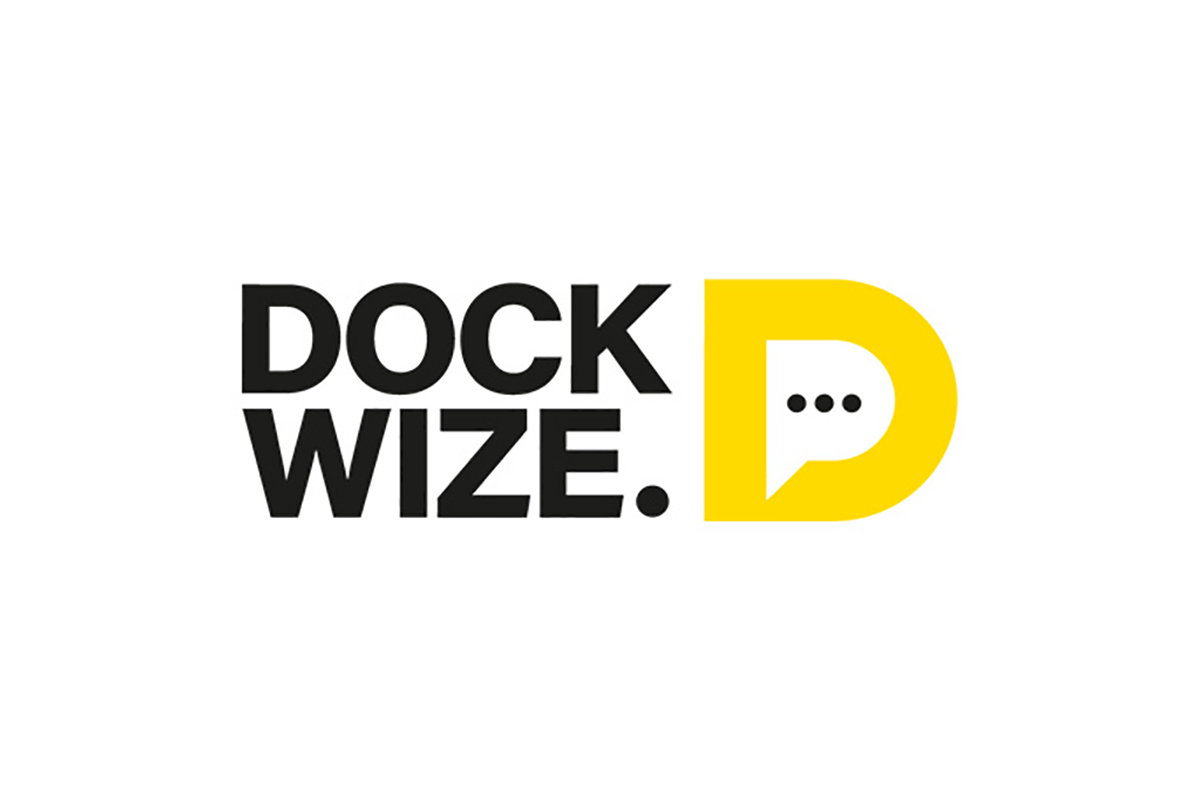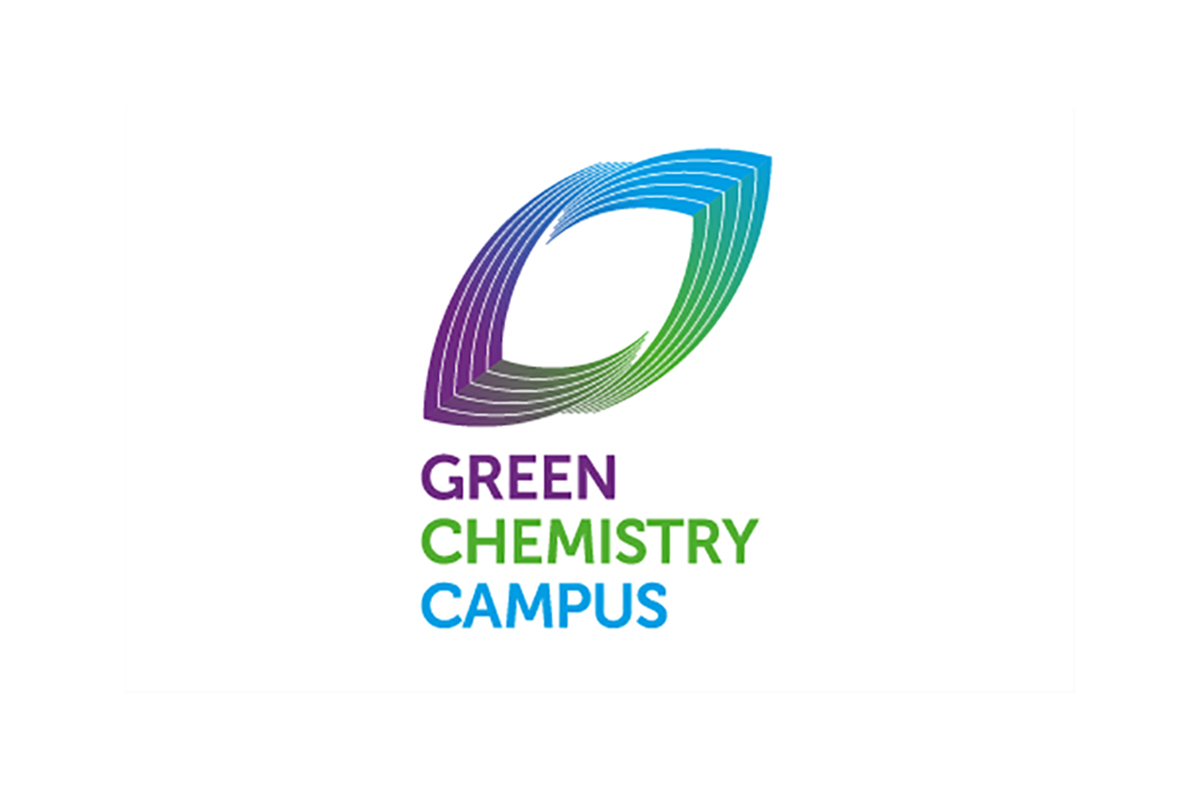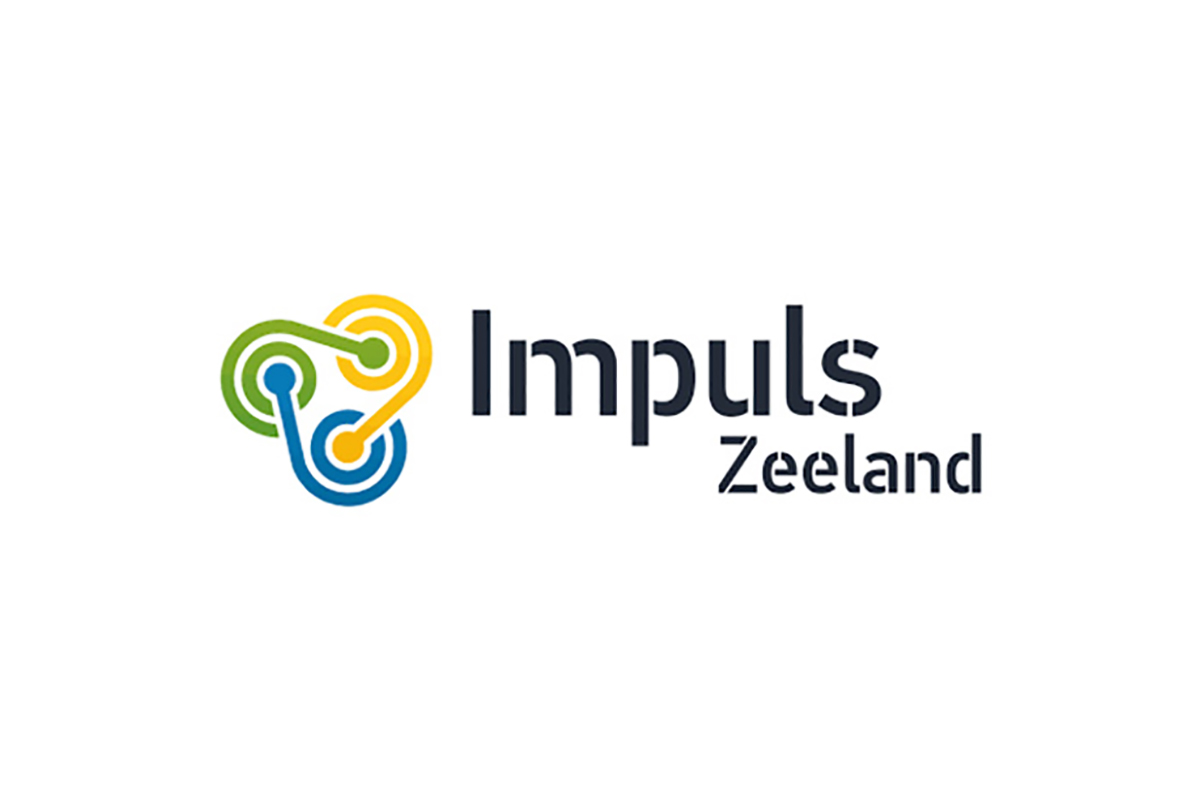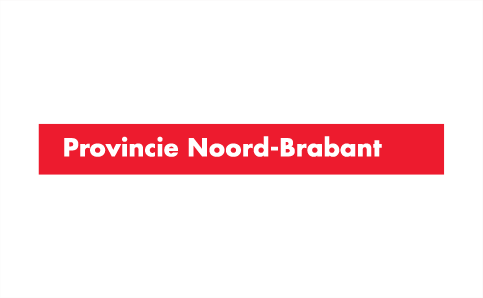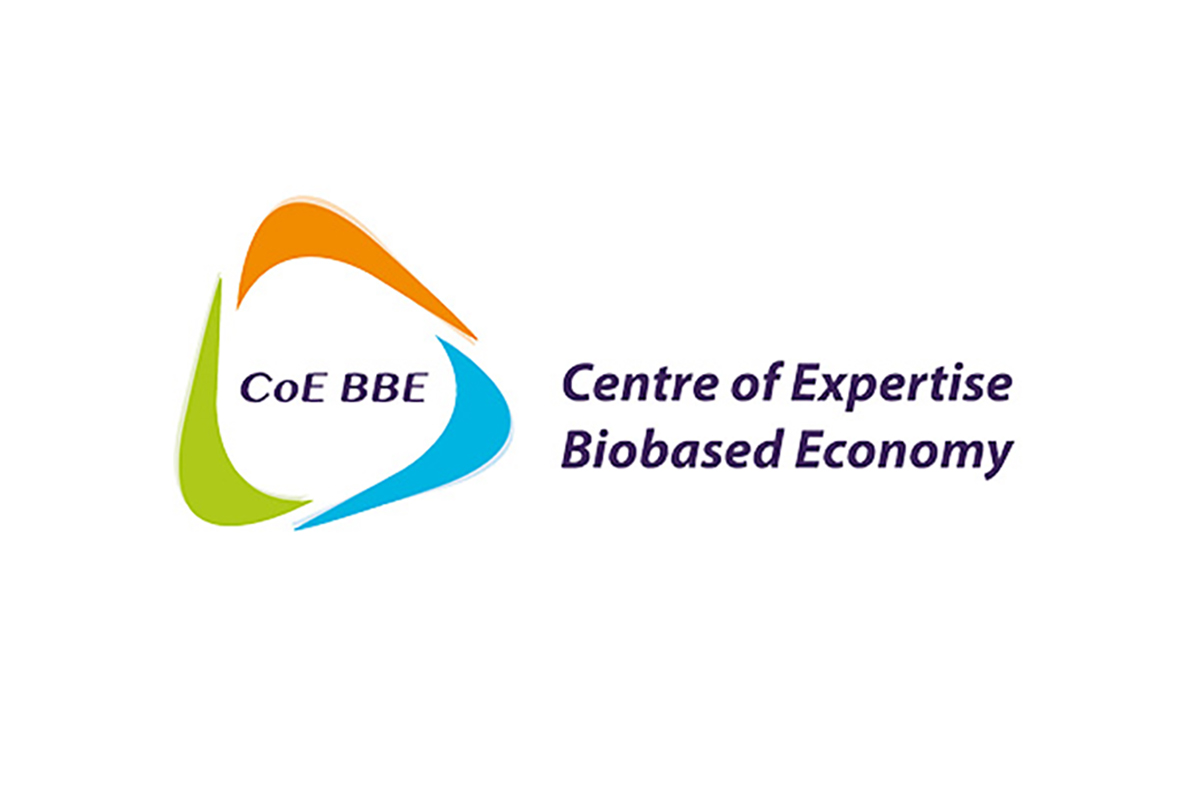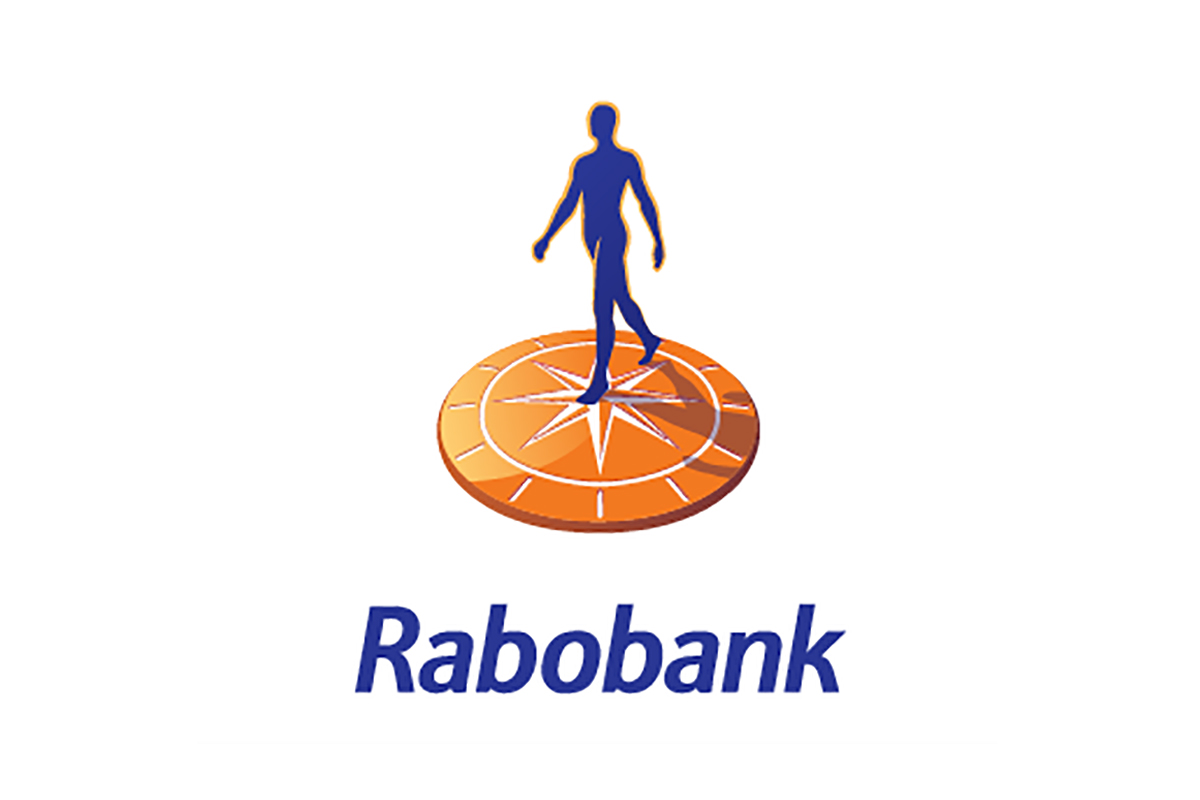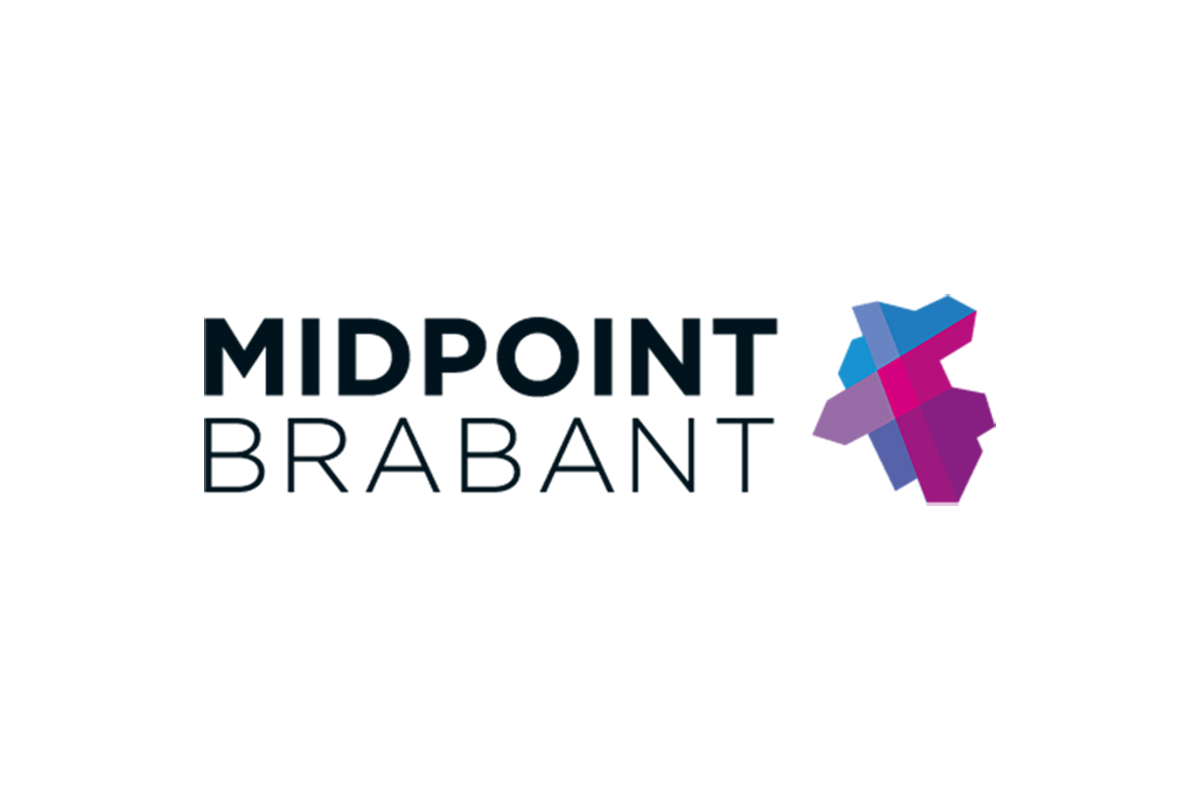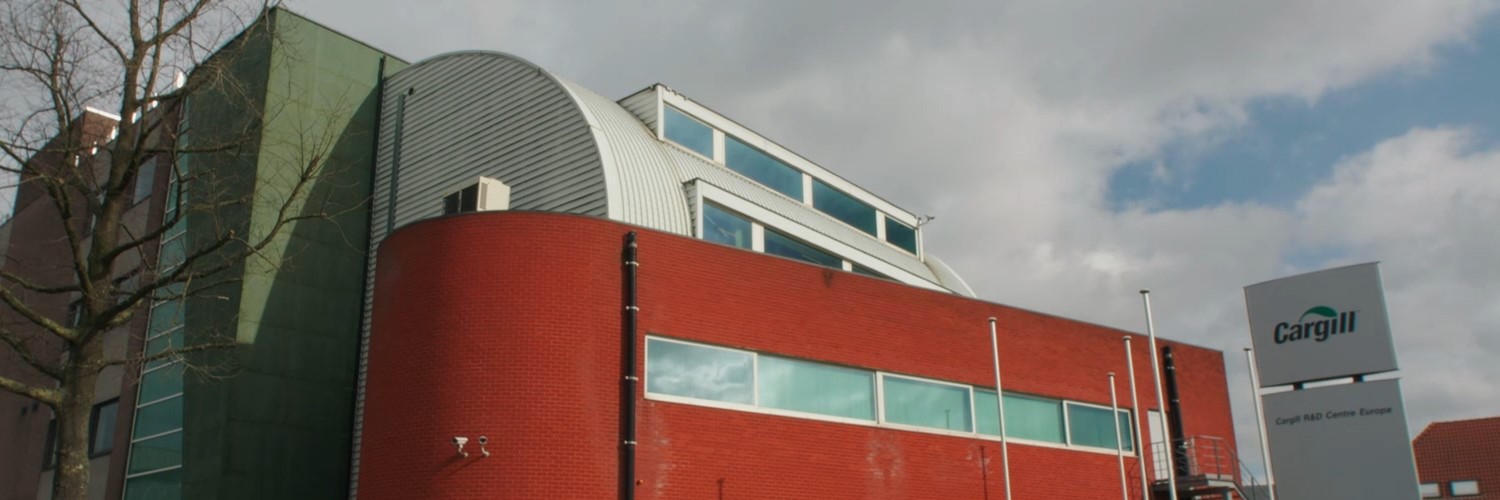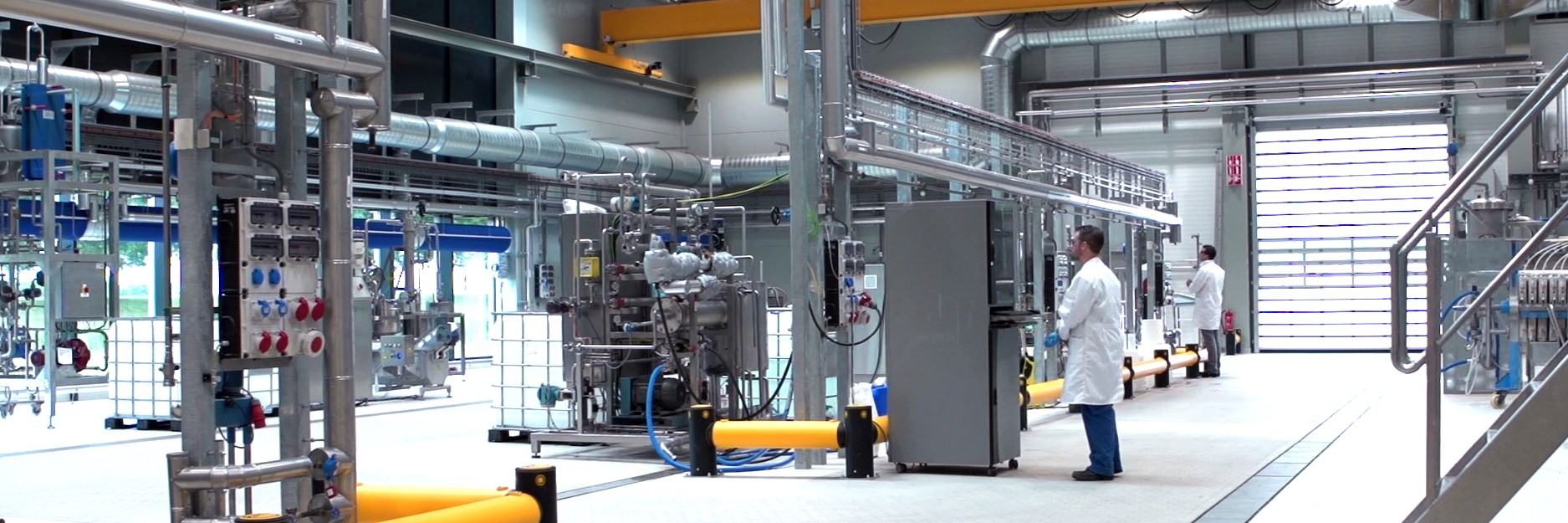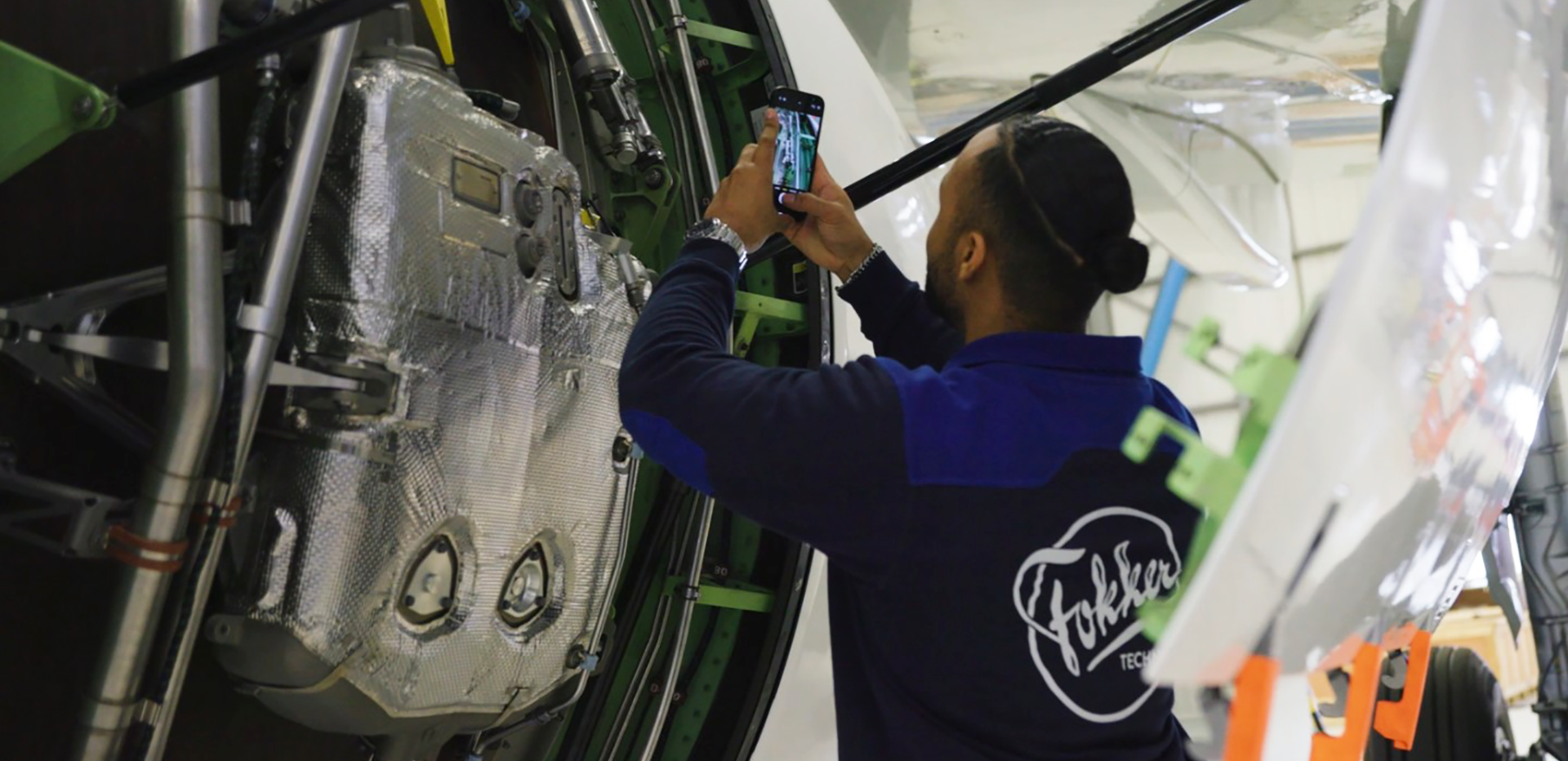Who will give a second life to the waste stream containing cellulose and plastics from our hospital?
At ZorgSaam’s De Honte hospital in Terneuzen, we use a Pharmafilter system to treat our wastewater, as well as so-called Tonto crushers to process hospital waste on the wards. These waste streams are combined with the wastewater, before being sent to the Pharmafilter system. Here, our wastewater is treated to remove all medicine residue and other micro-contaminants that may harm the environment or pose health risks.
The solid waste is digested, dewatered and disinfected, during which organic matter is converted into biogas to produce renewable electricity and heat. whilst also reducing the total amount of waste produced. All waste that cannot be digested is incinerated in an incinerator for household waste, which is a shame, because many of the substances in this waste, such as plastics and cellulose, could have a second life.
At the same time, the use of disposables in the hospital is increasing for hygienic reasons, and although the Tonto crushers enable us to process these disposables safely and efficiently, they do add to the total amount of waste produced. The cost of processing waste has been rising quite sharply in recent years, while social awareness is also growing and hospitals are realising that they must do their part in reducing energy, water and material use. Reducing waste and increasing the circularity of hospitals are both covered in the Healthcare Green Deal, a covenant that also increases the pressure on and the challenge faced by ZorgSaam to use our waste for more useful applications.
This prompts the question:
Can we extract raw materials from the residuals of the Pharmafilter system through post-separation?
What are we looking for?
We are looking for a method to minimise our waste streams and reuse the residuals remaining after the Pharmafilter system as much as possible and in the highest-grade applications possible. You may even see opportunities to use these streams for new products that can benefit our hospital.
Although this is hospital waste, it is safe to handle, as the Pharmafilter system disinfects the waste by heating to over 100 oC for anywhere between 30 minutes and 4 hours. This process dries out our waste streams, resulting in a dry matter content between 50 and 75 percent, depending on the time spent in the Pharmafilter system. We then crush our waste streams into particles between 5 and 15 mm in size. The maximum amount of waste to be processed at ZorgSaam is approximately 250 tonnes per year, with analyses of the waste leaving the Pharmafilter showing that it is made up of 40 percent cellulose and 40 percent plastics, which, in turn, consist largely (about 70 percent) of polyethylene and polypropylene. Various analyses are available highlighting the fractions and purity of the plastics and celluloses. For an example of the waste stream, check out the following pictures: ZorgSaam- waste stream.pdf
The net revenue from giving this waste a second life should be approximately equal to current processing costs, which amount to approx. EUR 15-16 per tonne and are increasing considerably each year due to waste taxes. The waste stream remaining after reuse and processing in the treatment system should be as small as possible.
What have we done already?
The waste stream has been shown to be biologically decontaminated. The waste has been analysed and its basic composition is known, as explained above. The properties of the plastics have been studied together with Polymer Science Park, and the feasibility of in-situ post-separation of cellulose and plastics (i.e. in the Pharmafilter system) has also been explored.
Finally, we have had exploratory talks with parties in the potential processing chain for post-separation and for processing the cellulose and plastics. Possible solutions involve: sieving technology, combined processor/buyers, plastic post-separators and (mechanical) recycling parties, chemical recycling and pyrolysis.
These studies, discussions and meetings have not yet led to a solution or clear picture of the best way to exploit the circular potential of our waste stream. This may involve integration into the Pharmafilter processe or offering the unsorted and decontaminated waste stream to chain partners who can then ensure of high-quality post-separation and reprocessing. In the case of post-separation in the Pharmafilter system, it will be necessary to organise the processing of mono-streams further down the chain. The results of the challenge should provide insight into these possibilities and be specific enough to allow us to weigh the various options against each other.

What aren’t we looking for?
In principle, influencing the composition of the waste stream is beyond the scope of this challenge, although we do recognise that “homogenising” the streams creates better recycling opportunities. This might give your proposed solution a secondary boost, e.g. if we were to work with our suppliers to decide on the best possible materials to improve the system’s circular potential.
Hospital waste is subject to tricky legislation that stipulates that all unsorted waste streams from a hospital should be incinerated, due to the potential contamination risk. However, there is no such risk for the waste streams involved in this challenge, as they are decontaminated in our Pharmafilter system. We will focus on removing this legal barrier as part of a different process, and we are therefore not looking for solutions based on changing waste legislation.
What’s in it for you?
For this challenge, ZorgSaam has joined forces with Pharmafilter. We are looking forward to teaming up with any applicant that can propose a suitable solution to work on a practical method. We have a test environment to offer and can rely on the hospital’s purchasing power. The best, most economically and technically feasible solution deserves to be developed into a prototype, for which a pilot budget has been made available by both both challenger (ZorgSaam and Pharmafilter).
For all applicants, the project will start with a tour of the hospital and the Pharmafilter system. Pharmafilter will provide samples to all applicants for analysis, and applicants can request more waste from Pharmafilter during the project. Pharmafilter will be closely involved in the challenge and can be consulted by applicants at any time.
Pharmafilter is a scale-up with great potential in the Netherlands and beyond, due to the growing social pressure on the healthcare sector to reduce its environmental impact by tackling water consumption and waste.
There are six other Dutch hospitals with a Pharmafilter system that face more or less the same challenges, which means there are clear upscaling opportunities for suitable solutions.
How can BioVoice benefit you?
- An innovation contract with a launching customer/partner!
- Funding (€10,000 vouchers, to be spent in the regional ecosystem for e.g. testing, lab and demo facilities, IP consulting, etc.)
- Coaching and counselling
- A stage and free publicity
- Knowledge and contact with experts
- Access to a network of potential partners & customers, resources and research facilities
The BioVoice programme
BioVoice is an initiative of REWIN West-Brabant, Green Chemistry Campus, the joint Rabobanks of Southwest Netherlands and the province of North Brabant. Dockwize, Impuls Zeeland, Centre of Expertise Biobased Economy and Midpoint Brabant have also joined as implementation partners. Together, we want to give innovative entrepreneurs and up-and-coming biobased/circular talents the space and opportunities to develop and market their idea/product, so as to achieve our common goal: accelerating the transition to a sustainable economy.
BioVoice is made possible by financial contributions from the Regional Deal for Central and Western Brabant, the Province of North Brabant, the Province of Zeeland and Rabobank.
Conditions of participation
We are looking for a technology provider who could offer the technology solution (minimal TRL6 level) to us and must be ready for piloting or in-situ testing. We are open to work together with the technology provider to prove if the technology could work for our application, but are not interested to develop or build the technology ourself as this is not our core business. If the technology is proven, we would buy the solution from the provider. Technology provider has the ability to guarantee that the equipment is suitable / certifiable to produce food-safe products. We are not looking for knowledge or technology advisors.
Your pitch (max 6 pages / 18 slides)
- Concept description: Describe your concept in as much detail as possible.
- Pilot description: Please provide a brief description of what it will take to prototype and/or pilot and what you will need from us to do so.
- Team description: Provide a brief description of the company and team that plans to work on the pilot.
There are no formal requirements for the pitch (presentations, slide decks & letters are all allowed), apart from the fact that it must be uploaded as a PDF file (A4, landscape or portrait) with a max. size of 30MB. Videos, example websites and so on can be included as links.
Timeline
- 29 March ’21: Challenge launch – open for applications
- 21 May ’21 – 5:00 pm: Challenge deadline – sign up no later than 5 pm
- 4 June ’21: Longlist announced – A longlist of start-ups/scale-ups that are invited to meet the challengers is announced
- 14-25 June ’21: Digital introduction meetings with challengers & participants + information session about confidentiality and IP
- 2 July ’21: Shortlist announced based on interviews – A shortlist of start-ups/scale-ups that will be given the opportunity to work on an innovation contract is announced
- 5-11 July ’21: Make schedule & working agreements + coordinate NDA if necessary
- 12 July through 6 October ’21: Challenge weeks – sessions with challengers, participants & coaches to arrive at an innovation contract
- 29 September ’21: Apply for vouchers – submit draft innovation contract + apply for vouchers
- 6 October ’21: Vouchers awarded – submit final innovation contract + vouchers are awarded
- 14 October ’21: Match event – celebrating the innovation contracts and partnerships + presentation of vouchers
- 15 October ’21: Start of development & collaboration (pilot)
Questions?
If you have any questions about this challenge, please head to the contact options below. For more information about the challenge program, click here.
Background information
ZorgSaam Zorggroep Zeeuws-Vlaanderen is the premier specialist in care for young and old in the Zeeuws-Vlaanderen region and beyond. ZorgSaam offers hospital care, ambulance care, home care and elderly care at various locations, with its De Honte hospital in the Dutch city of Terneuzen being the largest one.
Pharmafilter (2008) designs, builds and services wastewater treatment systems for hospitals, which can be expanded to process hospital waste as well. The Tonto is a crusher for hospital waste that is installed on wards. Pharmafilter also develops and manufactures innovative solutions that can be integrated with their filter system and the Tontos, such as a disposable bedpan and urinal. By doing so, we make healthcare safer, more hygienic and more efficient. In every product Pharmafilter develops, sustainability and the environment come first. Pharmafilter develops new products in collaboration with a team of only the very best product designers, who always put the end user first in everything they do.
